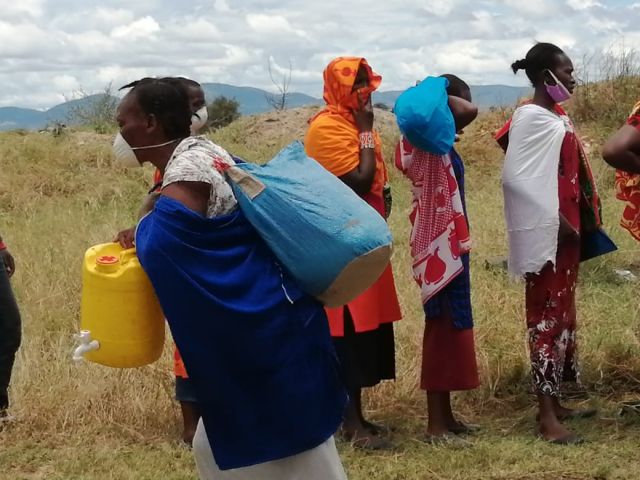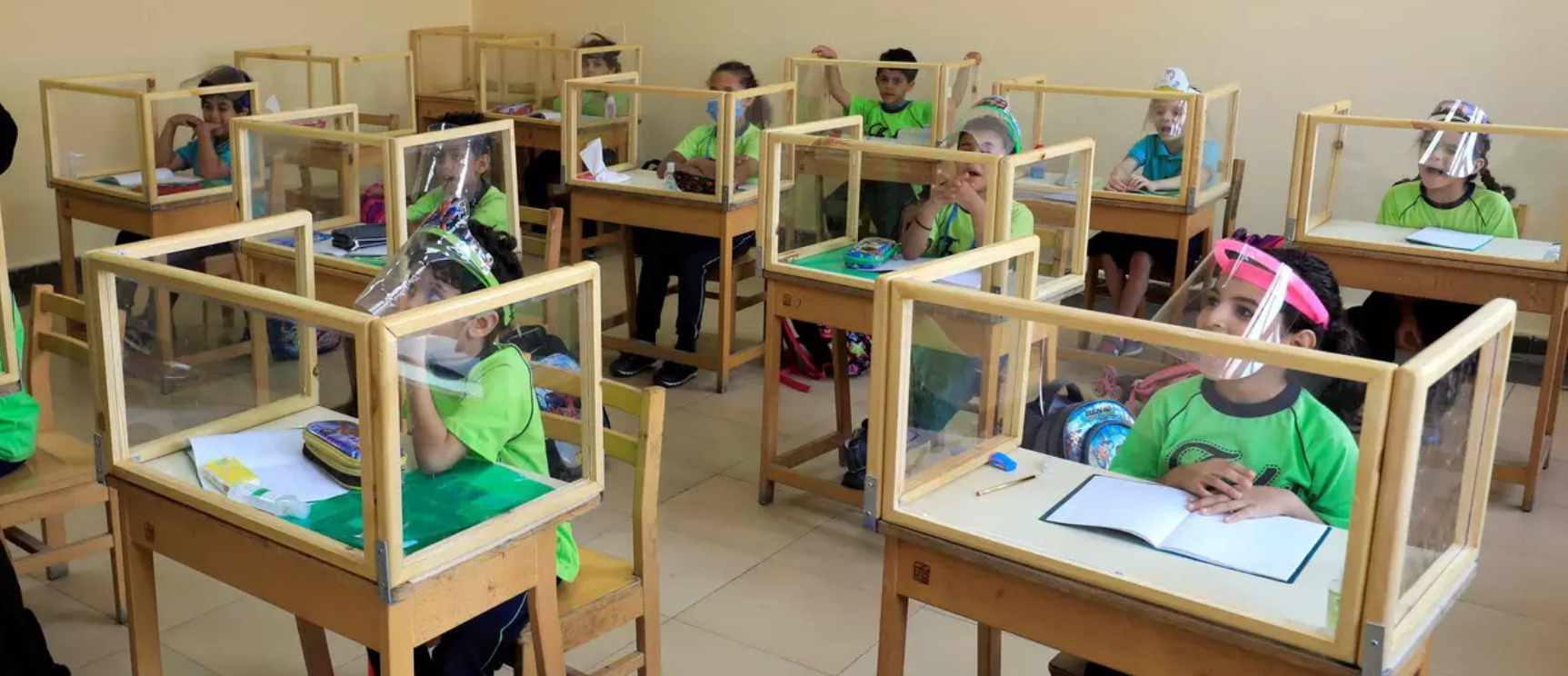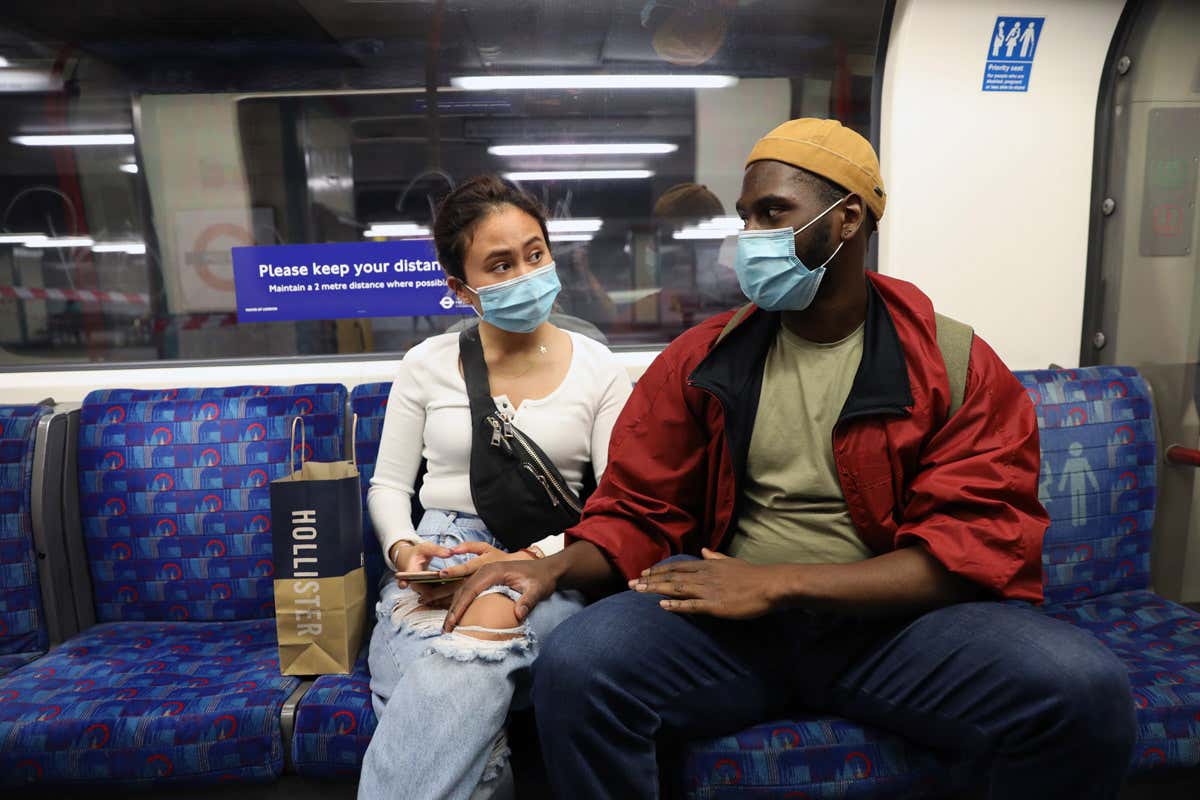WRI
The prevailing lockdowns and travel bans of the COVID-19 pandemic offer a critical lesson in international development: investing in local institutions is crucial to building resilience to crises. When international aid organizations evacuated their staff at the beginning of the pandemic, local organizations were left to fill in the gaps. In fact, a survey of nearly 600 development professionals found that 51% of aid workers cited increased reliance on local actors to carry out their projects, a dependence that grew over the course of March, April and May.
Brookings
Although most African countries have, to date, been largely successful in fighting the spread of COVID-19, with far fewer reported cases and deaths from the disease than Europe, Asia, or the Americas, the pandemic has still had substantial socioeconomic impacts on African citizens. Policy measures to limit the spread of the disease, such as travel restrictions, lockdowns, and school closures—while both necessary and effective at limiting health impacts—have slowed economic activity worldwide. As a result of the health and economic effects of the pandemic, up to 49 million more Africans could be pushed into extreme poverty in 2020. To study the potential socioeconomic impacts of COVID-19 on African countries, the World Bank published a working paper, “Socioeconomic Impacts of COVID-19 in Four African Countries,” in early November. The paper analyzes data from a series of phone surveys undertaken every month since May 2020 with a national sample of households in Ethiopia, Malawi, Nigeria, and Uganda.
IMF
As G20 leaders meet virtually this week, the global economy faces a critical juncture. Countries have started to climb back from the depths of the COVID-19 crisis. But the resurgence in infections in many economies shows just how difficult and uncertain this ascent will be.
WEF
The pandemic could provide an opportunity for innovative education.
IMF
A year ago, the world changed. While the pandemic’s effect on workers has varied worldwide, the new reality has left many mothers scrambling. With schools and daycares closed, many were forced to leave their jobs or cut the hours they worked. New IMF estimates confirm the outsized impact on working mothers, and on the economy as a whole. In short, within the world of work, women with young children have been among the biggest casualties of the economic lockdowns.
WEF
After the global school lockdown due to the COVID-19 pandemic, countries have been exploring a variety of hybrid learning modalities as they re-open schools. But what exactly is Hybrid Learning?
Health.UK
Over the past year, mental health has been in the news continuously – an acknowledgement that the pandemic poses risks beyond our physical health. As someone who has worked in the mental health sector for over 25 years, this increased attention is most welcome. Now is the time to channel this interest and commit to making things better for people who were struggling both before and during the pandemic. By working with these people, we have an opportunity to develop better mental health support for everyone. We must also use greater interest in mental health from the public and from government to strengthen action on inequalities – including racial inequity – so we can tackle the causes of poor mental health.
UN News
When Eunice Marorongwe, a senior nurse at a rural hospital in Malawi, received a child patient with a serious leg infection, she was shocked at how her parents could keep her at home for a month, without getting treatment to save her life.
World Bank
The coronavirus crisis has revealed the fragility of our current supply chain systems. Supply chains, which are often considered the backbone of national economies, have been forced to respond, like many other sectors, with unprecedented speed and agility to cope with the COVID-19 pandemic. Governments and federal emergency management agencies are operating supply chains through degraded communication, rapidly changing needs and operating environments, and imperfect information.
CGD
As the virus spread and shut down life as we know it, global response became increasingly tainted by provincialism. From seizing masks and medical supplies en route to other countries to preventing vaccine exports, the world’s richest countries turned inward and neglected the global response effort. It is not too late to correct what has been an egregious failure in leadership.









